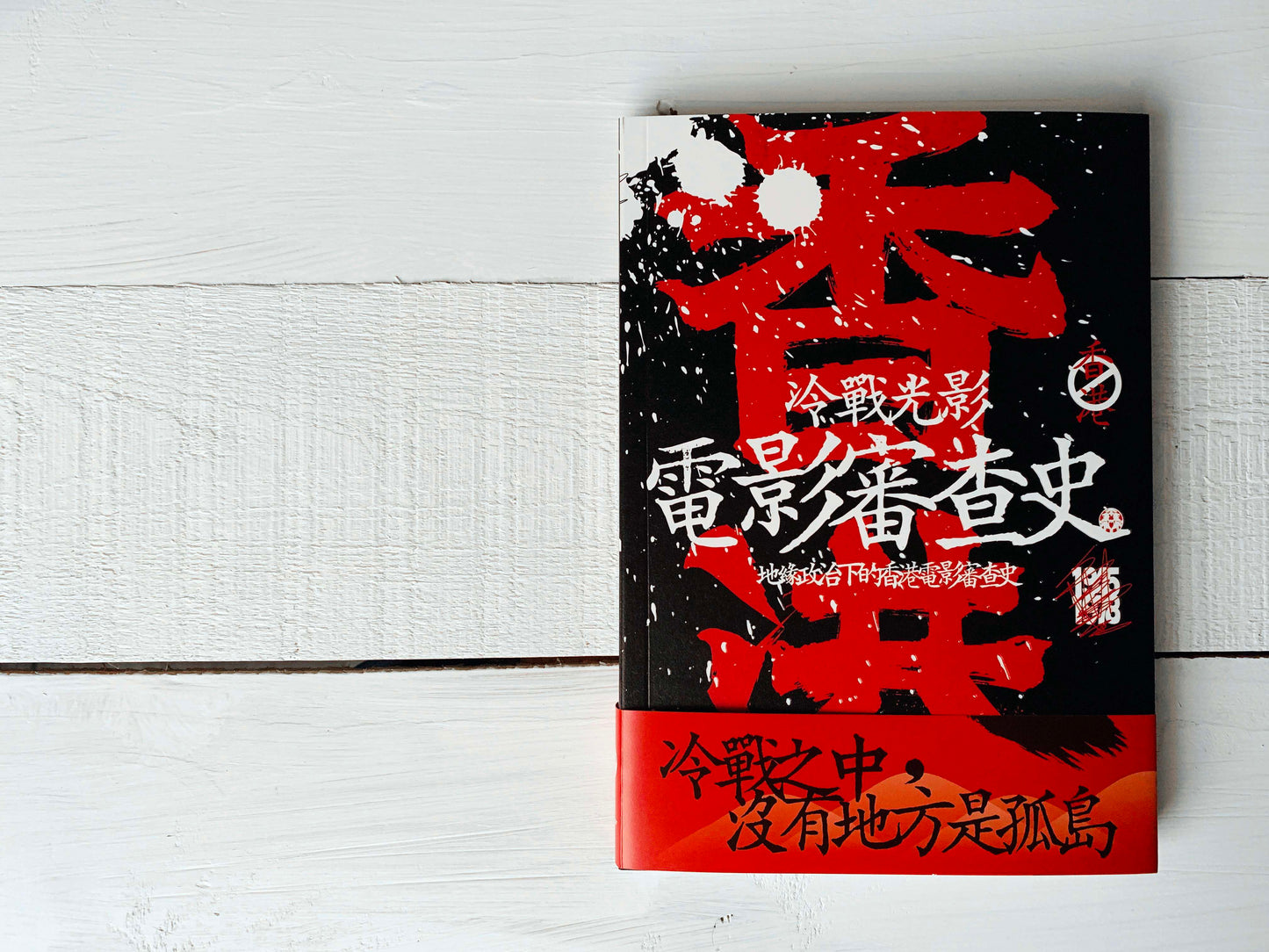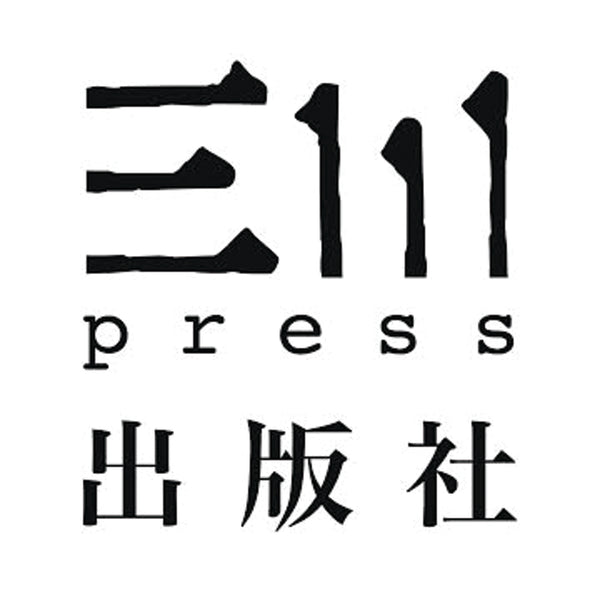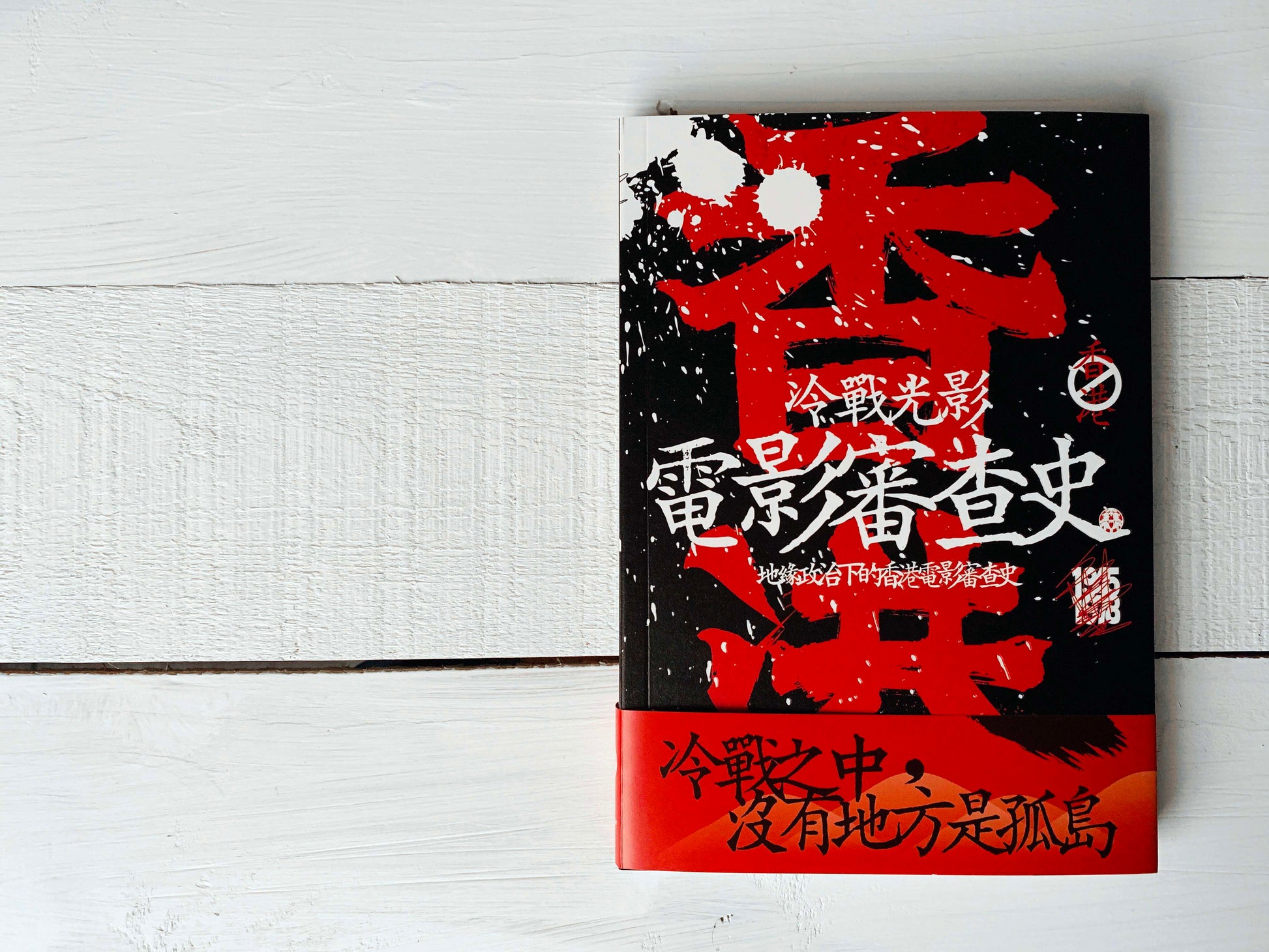Cold War Lights and Shadows: A History of Hong Kong Film Censorship under Geopolitics
Cold War Lights and Shadows: A History of Hong Kong Film Censorship under Geopolitics
5 in stock
Couldn't load pickup availability
出版社: 季风带
ISBN/EAN: 9789869745819
出版日期: 2019-02-01
页数: 224页
语言: Traditional Chinese
This book examines the history of Hong Kong film censorship from 1945 to 1978, with a particular focus on the operations of the Panel of Film Censors and the Board of Review. Hong Kong officials and censors' attitudes toward films deemed suitable for public release were informed by three factors: first, changes in Hong Kong's geopolitical strategic position within the British Empire and Asia; second, new developments in Hong Kong's and the rest of the world's understanding of issues such as class, race, and gender; and third, the public's response to film censorship policies. These three points confirm that Hong Kong government film censorship policies are not static, and that strategic public protests can influence official censorship practices.
This book explores the unique case of film censorship by the British colonial government in Hong Kong during the Cold War. Bordering China, Hong Kong became a major ideological battleground between the free world and the communist bloc during the Cold War. Consequently, Hong Kong officials' film censorship policies were primarily aimed at protecting Hong Kong's diplomatic relations and insulating the city from geopolitical fluctuations. Consequently, Hong Kong officials packaged their censorship policies as "political neutrality." A key characteristic of this "political neutrality" approach was that, while the Hong Kong government cooperated with the free world in its anti-communist efforts, it also censored American films that criticized China, often accommodating the CCP's views during the censorship process. The underlying purpose of these censorship practices was to avoid provoking the CCP into invading Hong Kong. Starting in the late 1960s, the Hong Kong government shifted its focus to ethical film censorship, but officials' governing philosophy remained focused on maintaining a facade of "neutrality." For example, one reason officials refused to implement a film ratings policy in Hong Kong was to avoid excessive government intrusion into the private lives of the Hong Kong public.
1. Through the case of Hong Kong's governance during the Cold War, this book examines the dual nature of international relations and local politics. With a new global Cold War looming, the book offers valuable insights into how regions caught in the political straits of major powers, including Hong Kong and Taiwan, should respond.
2. This book describes how cross-domain networks shaped Hong Kong's governance and how the British colonial governments of Singapore and Malaya influenced Hong Kong's film censorship policies. It is a masterpiece that demonstrates how to reconstruct local knowledge from a regional perspective.
3. The recent rise of "Sinophilia" scholarship, which emphasizes breaking away from a monolithic vision and emphasizing local histories and cultural diversity, has brought breakthroughs to global Chinese studies. This book, exploring the geopolitically shaped history of Hong Kong film censorship during the Cold War, provides an important case study for this approach and points out the blind spots of a monolithic cultural framework.
4. This book not only sorts out the British Empire's governance strategy in the Hong Kong colony, but also provides an important guide for studying the past and present of the "Hong Kong Film Kingdom" and even the "Hong Kong Model".
Zardas Shuk-man Lee
Bachelor of Arts and Master of Humanities (Philosophy) from the University of Hong Kong. Currently a PhD candidate in History at the University of North Carolina at Chapel Hill, USA. His research focuses on colonialism and the cultural and intellectual history of 20th-century South and Southeast Asia.
Kwong Kin Ming
Editor-in-Chief of Monsoon Culture, Taiwan. He studied at the Lee Kuan Yew School of Public Policy in Singapore and conducted research there. He is the author of The British Era: The Art of British Colonial Governance and Two Cities Confronted: The Singapore Model and Hong Kong's Future. He has co-authored books including China's Influence and the Center-Periphery: Tug of War in Hong Kong, Taiwan, and the Indo-Pacific (forthcoming), East Asia: Developments and Challenges, Hong Kong Under Chinese Rule: Economic Integration and Political Gridlock, and The Social Movement Era: The Trajectory of Hong Kong's Contentious Politics. His articles have appeared in The Diplomat and Asian Survey ; Hong Kong's Sing Tao Daily, Ming Pao, Economic Daily, Asia Weekly, Stand News, Initium Media, and Taiwan Review; Singapore's Channel NewsAsia and Lianhe Zaobao; Malaysia's Contemporary Review and Suihuo Review; Taiwan's Up News, New News, Wind Media, Key Review Network, and Story; and China's Candidate Project.
Share


